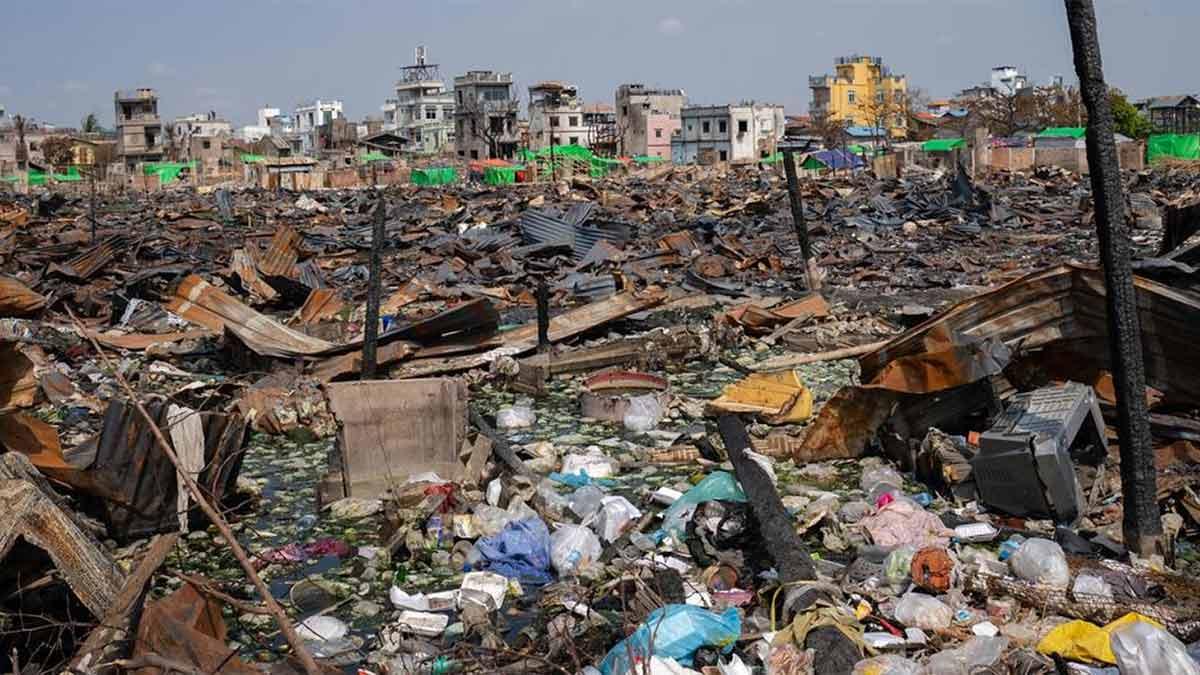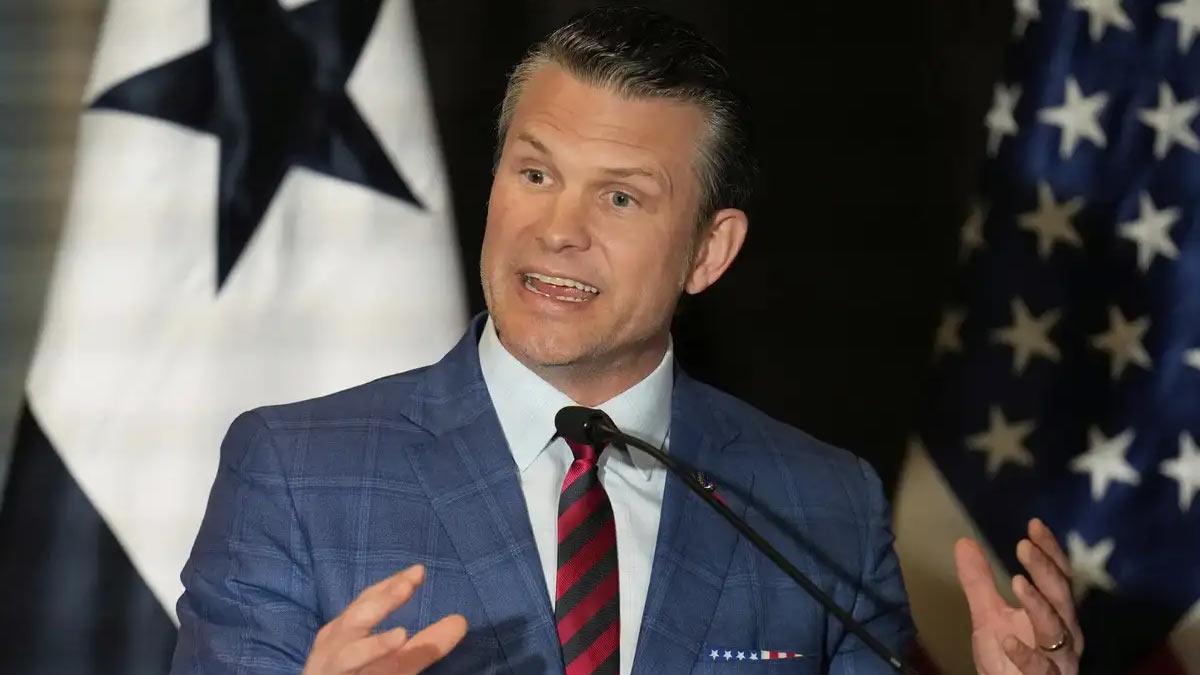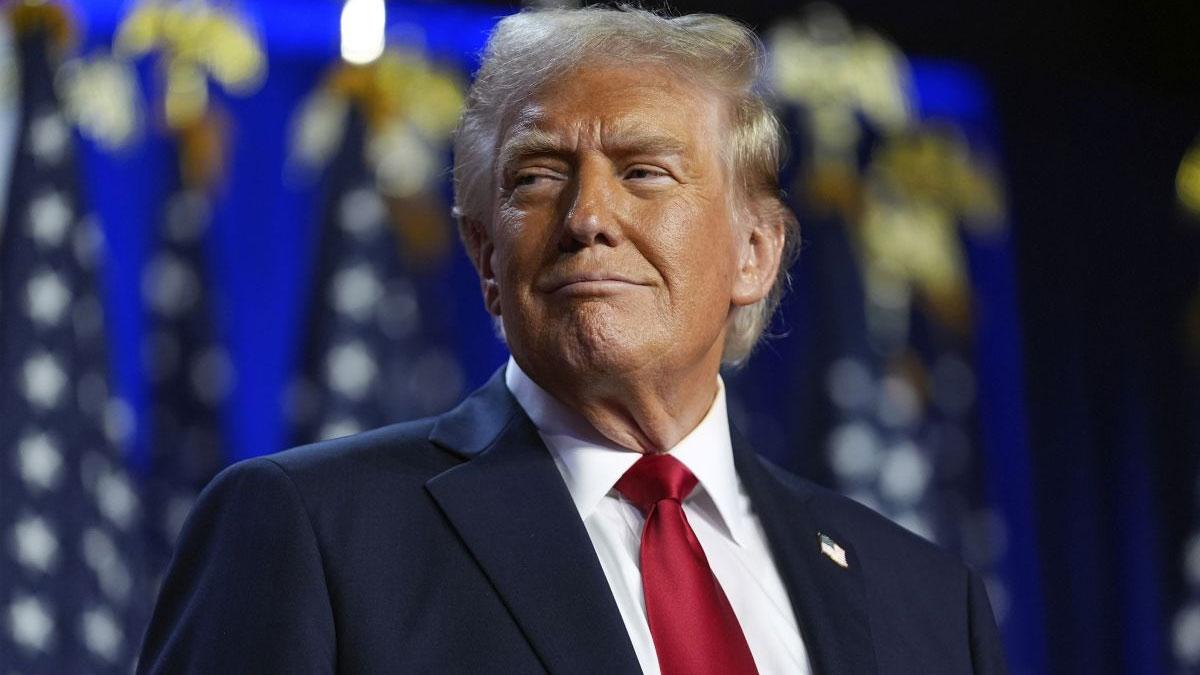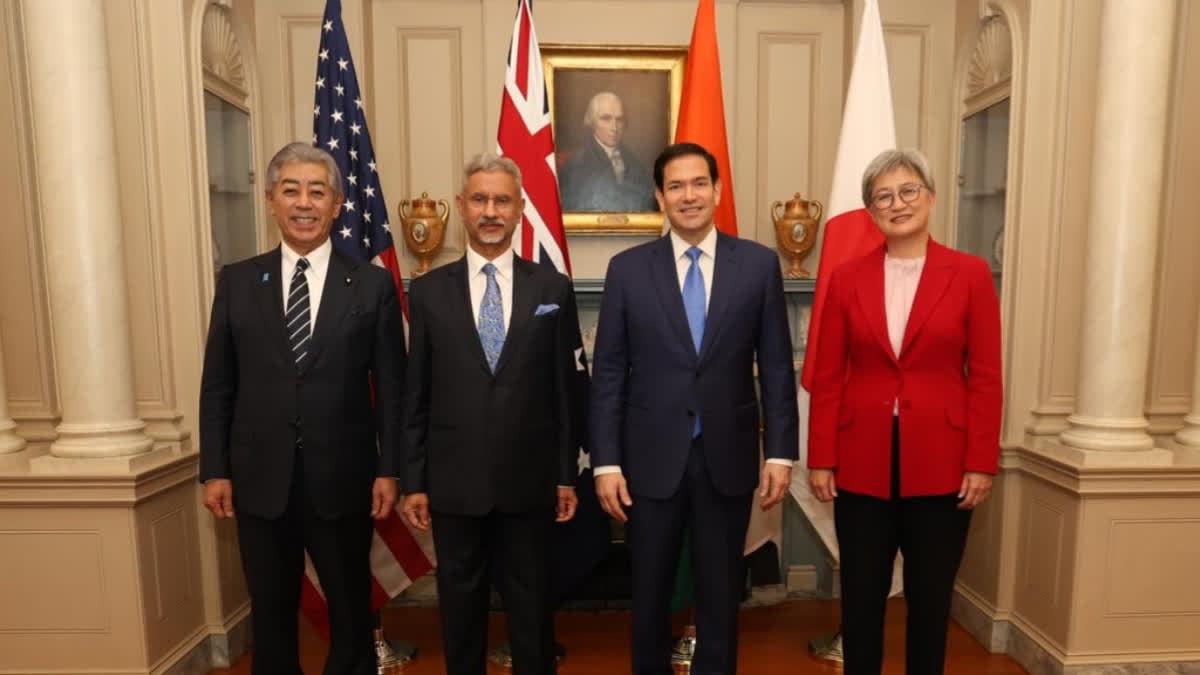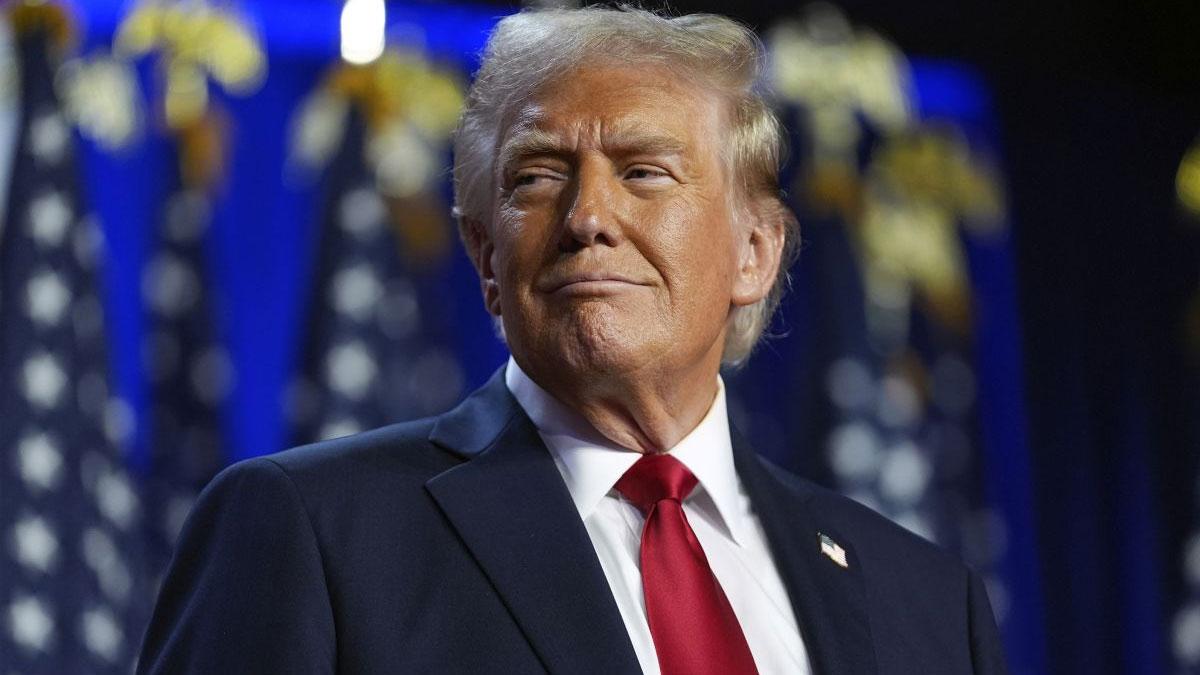The Quad countries' foreign ministers voiced serious concern over the mounting crisis in Myanmar, highlighting its regional destabilizing impact.
They called on Myanmar's current ruling military junta to honour its commitment of a ceasefire and urged all concerned parties to widen and deepen cessation of hostilities.
Issuing a joint statement after their meeting in Washington on Wednesday (U.S. time), the ministers said,
We are also troubled by the deteriorating crisis in Myanmar and its regional implications. We urge the regime to respect its promise of a ceasefire, and we urge all parties to institute, prolong, and expand ceasefire actions."
The statement also reaffirmed the Quad's support for ASEAN's efforts at diplomacy, specifically the call for a peaceful and enduring resolution to Myanmar's crisis based on its Five Point Consensus.
"Together with reaffirming our firm support for ASEAN initiatives, including urging the full and effective implementation of the Five Point Consensus in pursuing an inclusive, long-term, and peaceful end to the crisis," the statement went on.
Urging unfettered humanitarian access, the foreign ministers stated,
“We call on all parties to allow safe and unhindered delivery of humanitarian assistance. We are also concerned about the impact of the crisis on regional security and the spread of transnational crimes. We are committed to fighting cybercrime and online scam operations.”
In the meantime, the United Nations is still concerned over Myanmar's worsening human rights situation. In a recent speech at the Human Rights Council in Geneva, UN High Commissioner for Human Rights Volker Turk referred to the country as beset by violence, oppression, and deepening distress.
Turk said that since the military coup in February 2021, almost 6,800 civilians have been killed, and more than 22,000 people are still in arbitrary detention. The humanitarian crisis is worsening, with about 22 million individuals needing assistance and over 3.5 million displaced as a result of continued violence.
Despite enormous challenges, individuals from all walks of society are working towards creating a democratic, diverse, sustainable, peaceful Myanmar based on human rights," Turk informed the council.
In the wake of the March 28 earthquake, which killed close to 4,000 people and left six million in dire need, the military escalated its offensive instead of helping with relief efforts, Turk said. The UN human rights office reported over 600 attacks by the military since the earthquake, with 94 percent happening during times that were meant to be ceasefires. Most of these attacks were on civilian facilities like schools, places of worship, and other areas that are shielded.
Tom Andrews, the UN Special Rapporteur on Myanmar, also reflected Turk's words and cautioned against an acute drop in international humanitarian assistance, with ongoing military repression.
"The junta has opted to make aid a tool of weaponization. I have met with humanitarian responders physically trapped at checkpoints and heard accounts of earthquake survivors being forced out of shelters with nowhere to turn," Andrews told the Council.
Myanmar's military government staged a coup on February 1, 2021, that overthrew the November 2020 election results, which the generals accused of being rigged. Since then, the country's former civilian leader Aung San Suu Kyi has been detained at an unknown location and was reportedly tried in secret, with no outside observers allowed.
Read also| Quad Foreign Ministers Reassert Vision for a ‘Free and Open’ Indo-Pacific

